The latest visits of senior officials from Iran and Saudi Arabia show the further strengthening of bilateral relations between Pakistan and countries in the Arabian Peninsula and the wider Middle East to seek solutions to common challenges, experts say.
They added, however, that although both sides can benefit from the emerging partnerships, it would not be seen positively in Washington, which may throw up some obstacles.
"The ongoing Israel-Palestine conflict, the Ukraine crisis, the United States' unilateral sanctions on Pakistan-Iran gas pipeline …and constant economic protectionism along with newly coined decoupling and delinking parameters encourage both sides to further strengthen their relationships," said Mehmood Ul Hassan Khan, executive director of the Center for South Asia and International Studies in Islamabad.
Iranian President Ebrahim Raisi wrapped up on Wednesday a three-day visit to Pakistan. It is reported to be the first visit by a head of state to the South Asian nation after its new government took charge.
During the visit, Pakistani Prime Minister Shehbaz Sharif and Raisi agreed to increase the volume of bilateral trade to $10 billion in the next five years. They also vowed to cooperate in fighting against terrorism.
"Raisi's visit has certainly accentuated bilateral relations," said Imran Khalid, an international affairs commentator based in Karachi, Pakistan.
Strengthening the ties will not only promote regional stability but also facilitate a joint counterterrorism framework, which will benefit all stakeholders, he added.
Nonetheless, he warned, "Washington's subtle warnings to Islamabad regarding its growing ties with Teheran cast a shadow.
"This unilateral stance underscores the United States' interventionism," he said.
A high-level Saudi delegation led by Foreign Minister Prince Faisal bin Farhan Al Saud visited Pakistan on April 15-16. The two sides agreed to further promote economic cooperation and convert the strong partnership into a strategic partnership for the mutual benefit of the two countries.
Renewed push
"Pakistan's renewed push to strengthen economic, commercial and investment ties with the Middle Eastern nations is a continuity of Islamabad's approach of 'regional recalibration' of its foreign policy, being pursued for the past several years," said Irfan Shahzad Takalvi, founder of the Eurasian Century Institute in Islamabad.
Last week, Sharif held a phone talk with the President of the United Arab Emirates Sheikh Mohamed bin Zayed Al Nahyan to discuss the enhancement of cooperation to counter challenges associated with climate change.
According to Takalvi, there is a strong realization among policymakers in Islamabad that close ties with regional partners — particularly in investment, commercial and energy arenas — are the need of the hour and "the way forward "for the nation.
"Luckily, the desire is reciprocal and countries in the Arabian Peninsula, as well as the wider Middle East, are expressing keen interest to join hands with Pakistan. Saudi Arabia, Iran, the UAE, Qatar and others are working with Pakistan to build mutually win-win partnerships," Takalvi noted. At the same time, he said he hopes the days of coercion and diktat from the West can be over.
Pakistan has been strengthening its ties with Gulf countries like Saudi Arabia, which is very important for several reasons, said Gokhan Ereli, Gulf Studies coordinator at the Center for Middle Eastern Studies in Turkiye.
Besides economic assistance, there's also cooperation on security matters, Ereli said. These improved relationships can "influence how Pakistan interacts with other regional players like Iran and India, helping Pakistan balance its regional diplomacy", he added.
Khan, at the Center for South Asia and International Studies, said that Pakistan has been a staunch supporter of countries in the Middle East for a long period of time.
He said Pakistan's economic survival has been directly linked to its workers' remittances and foreign direct investments from the Gulf Cooperation Council, or GCC, countries — Bahrain, Kuwait, Oman, Qatar, Saudi Arabia and the UAE.








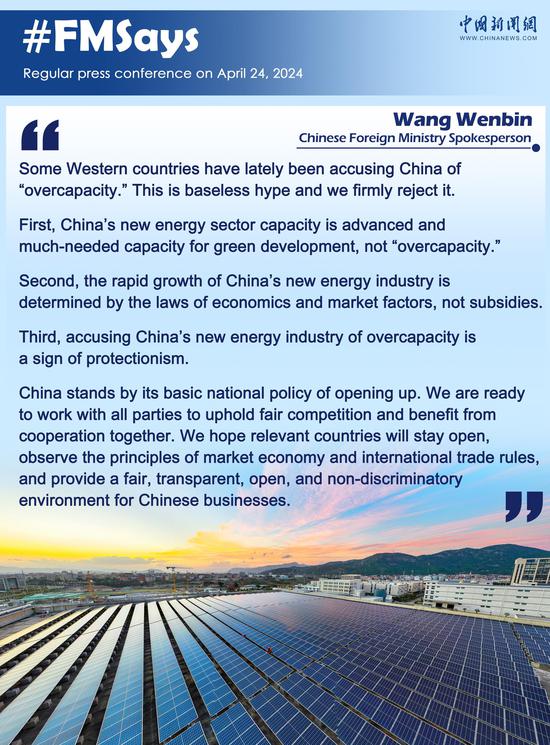
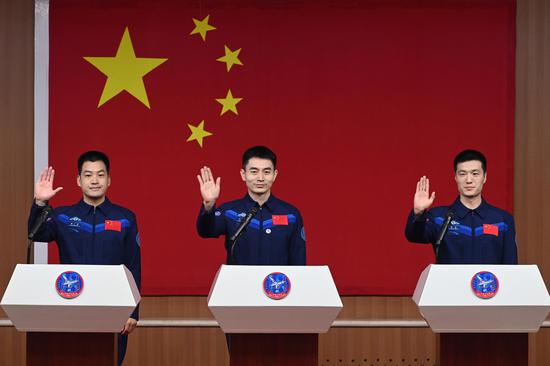
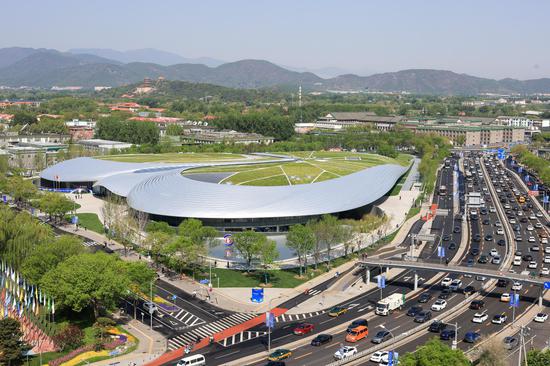

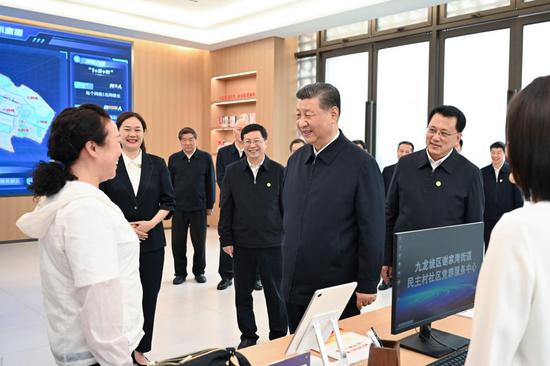

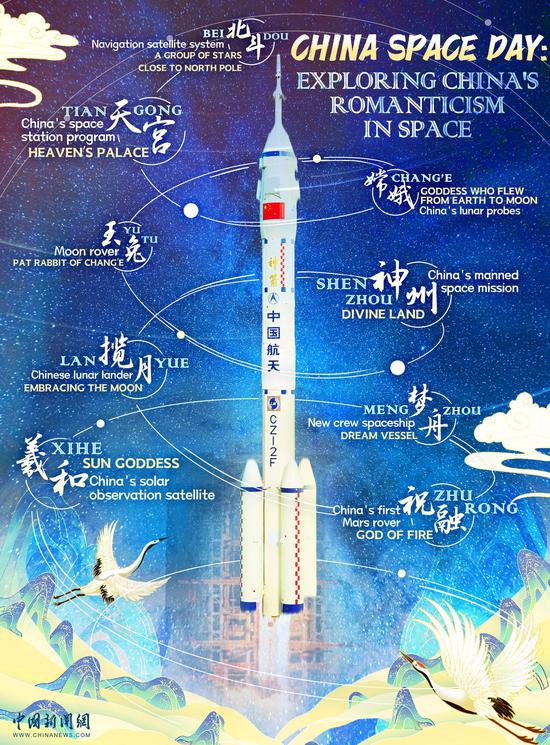
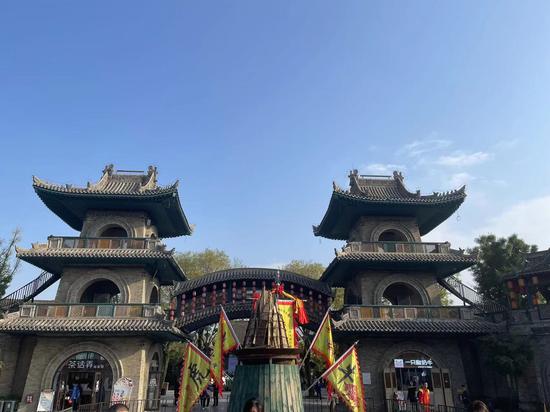
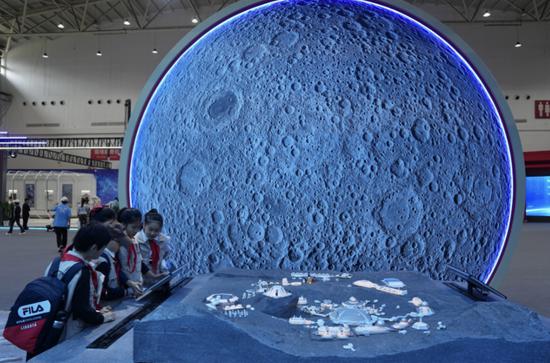


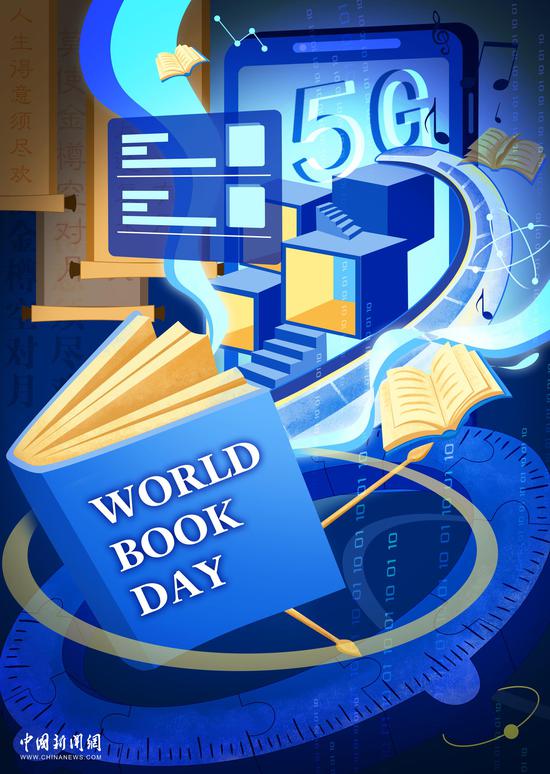

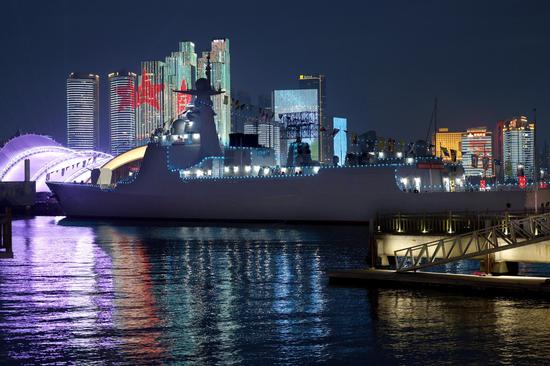
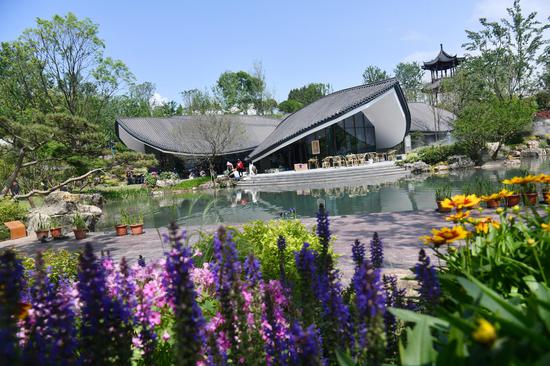
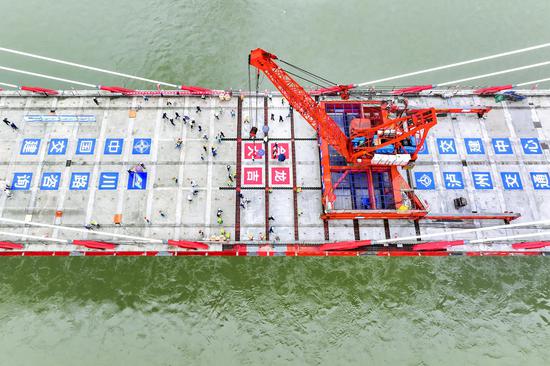
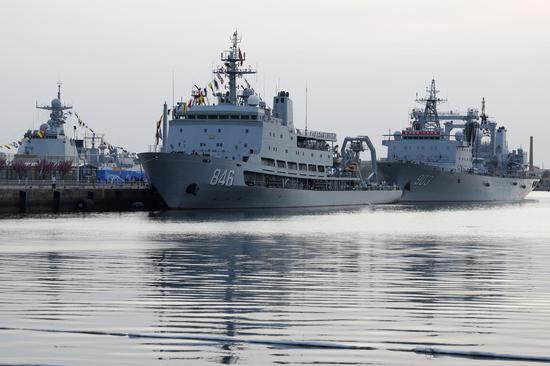
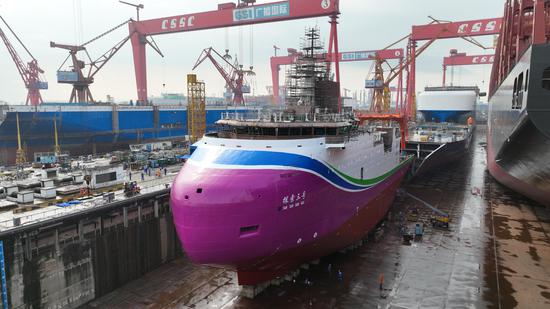
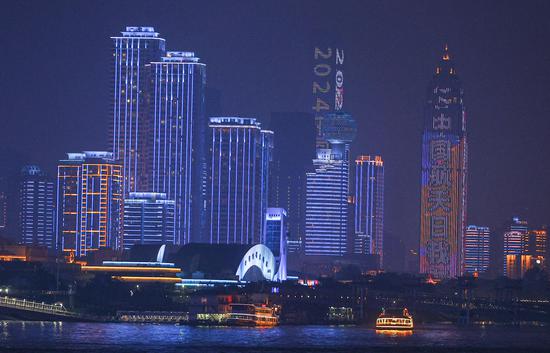
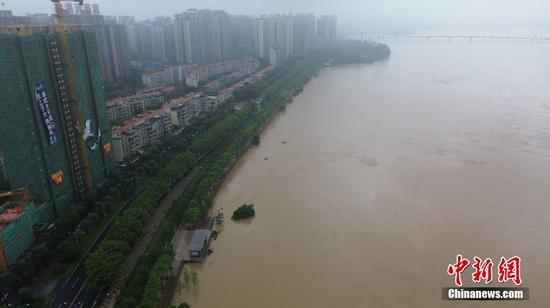
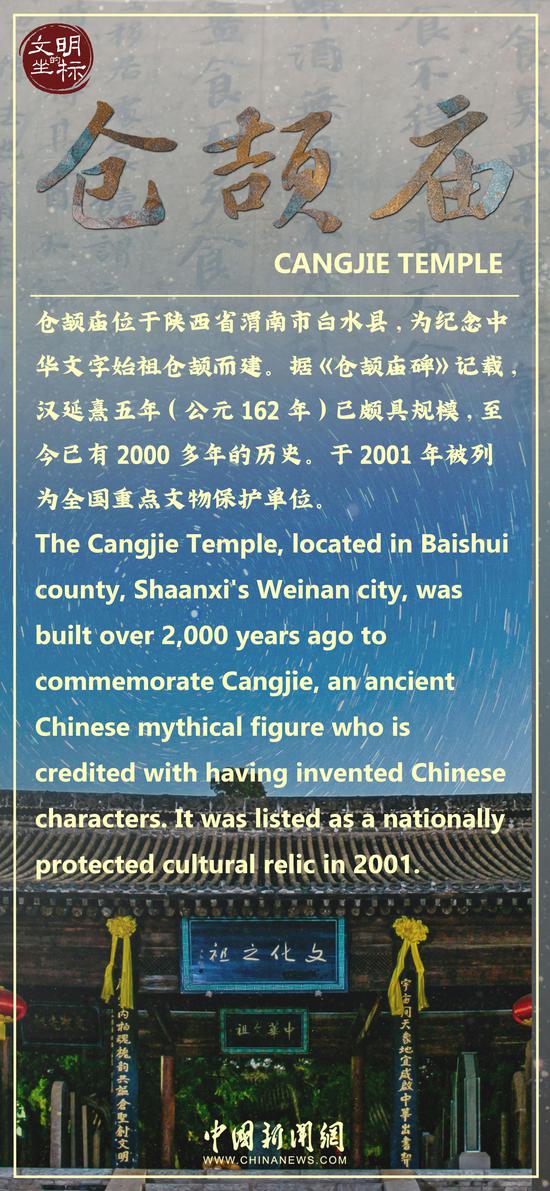
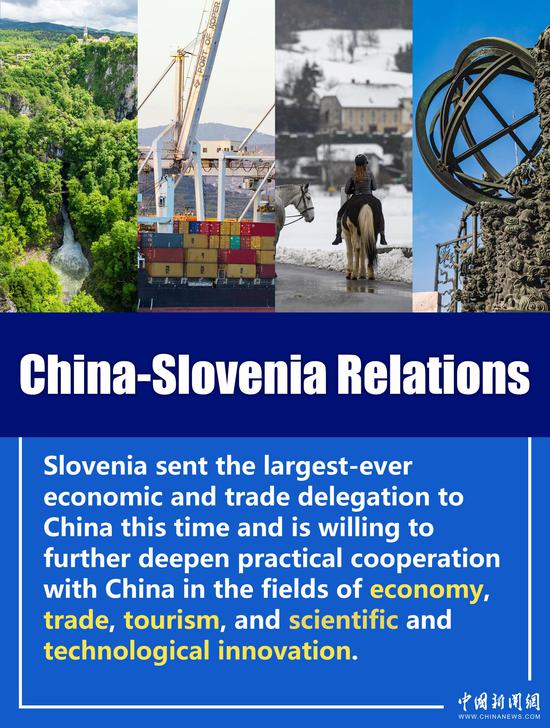
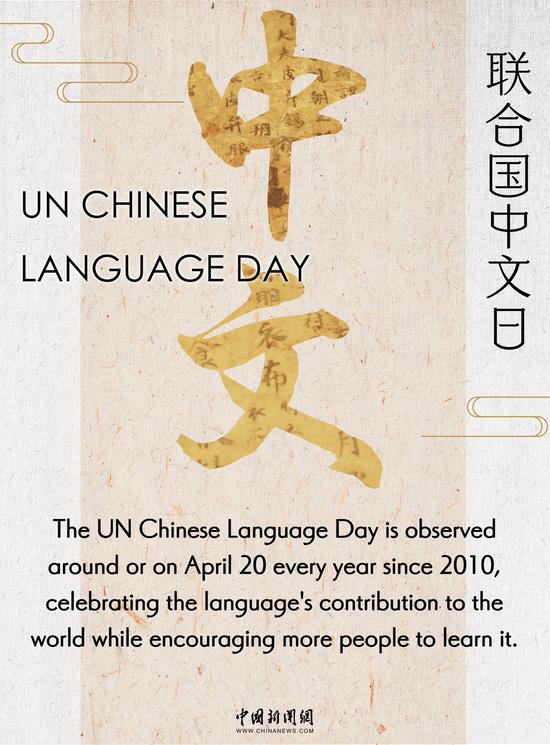
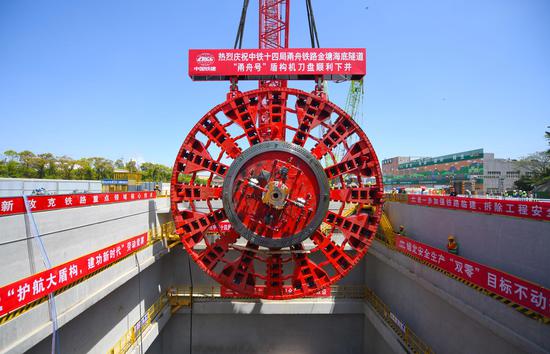

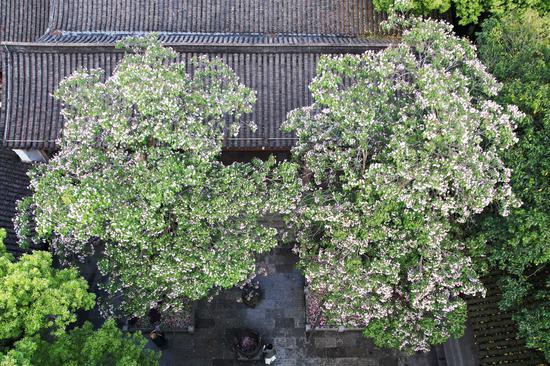
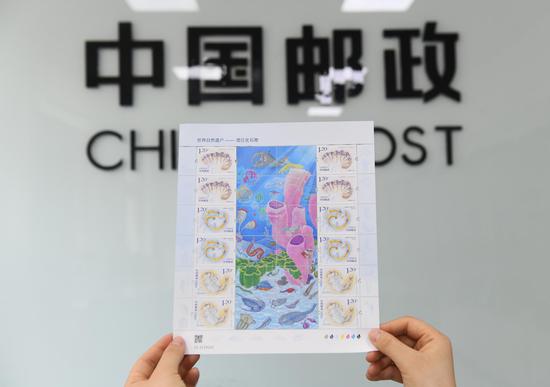
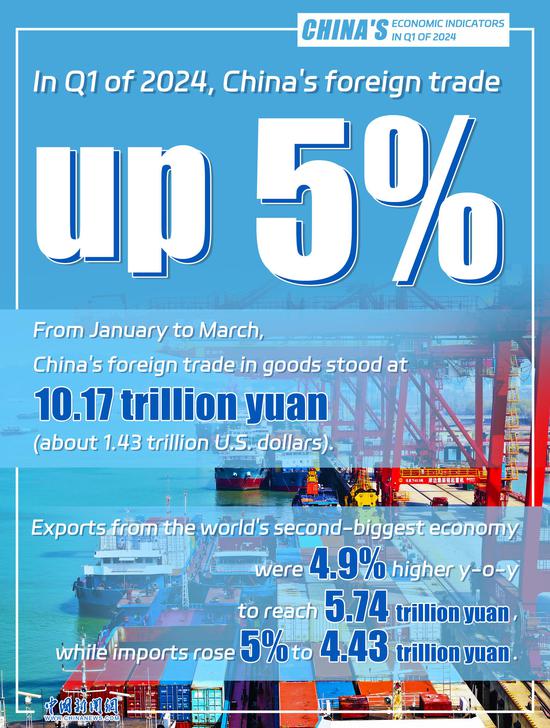
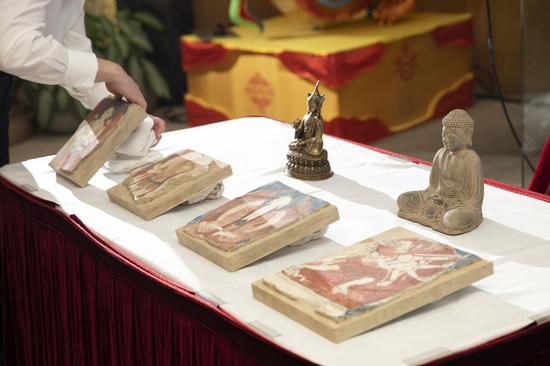
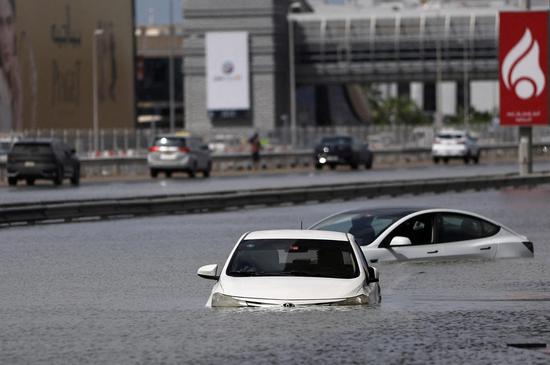


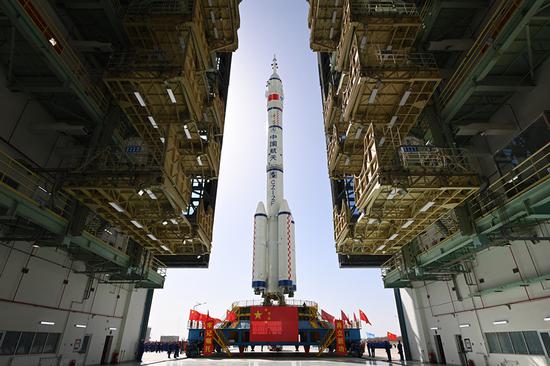
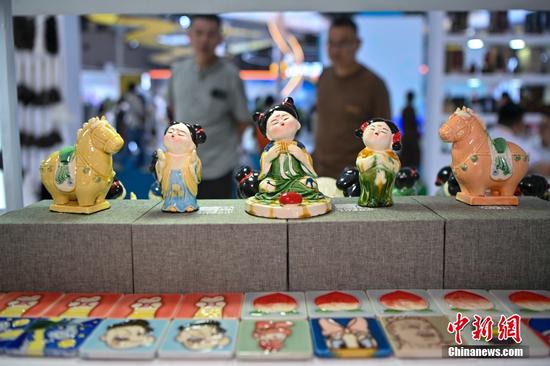

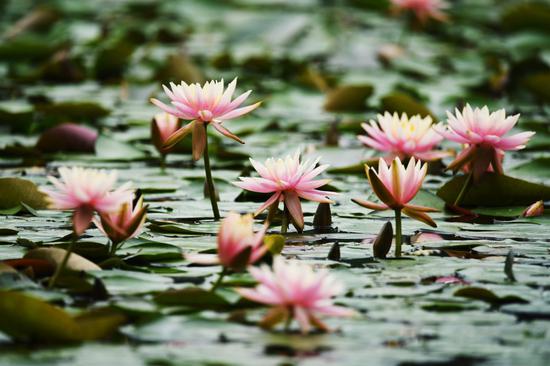
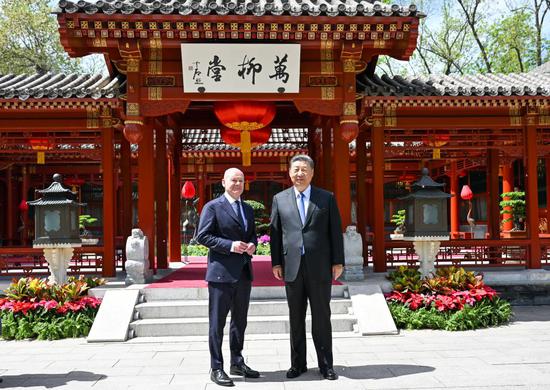

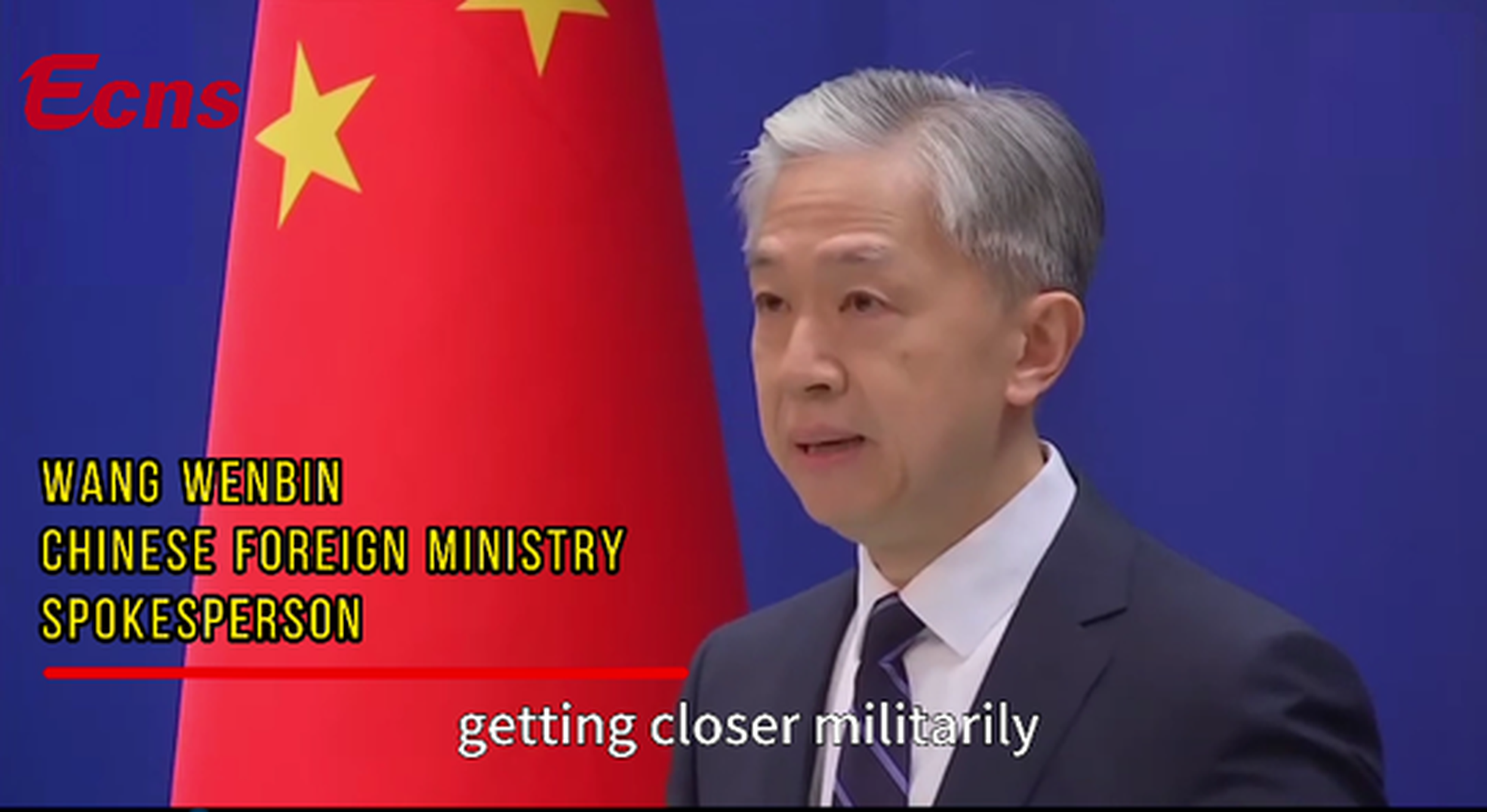



 京公網安備 11010202009201號
京公網安備 11010202009201號